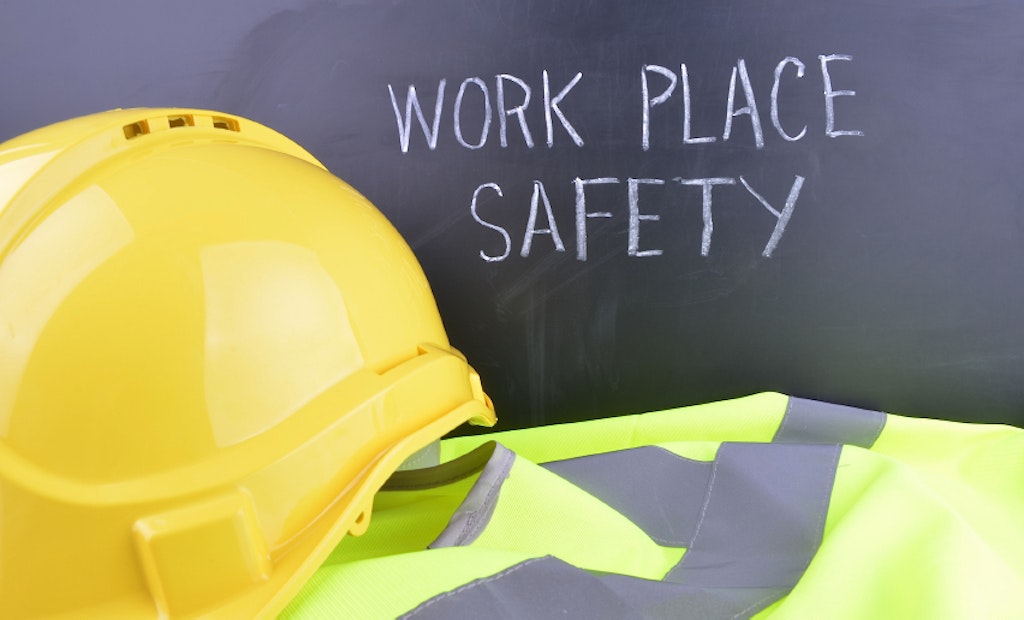I’m sure you’ve heard the phrase “There is no such thing as a stupid question, except the one that didn’t get asked.”
Some people have trouble raising their hand and asking the question that’s important to them. Perhaps it’s the possible embarrassment of being the...






